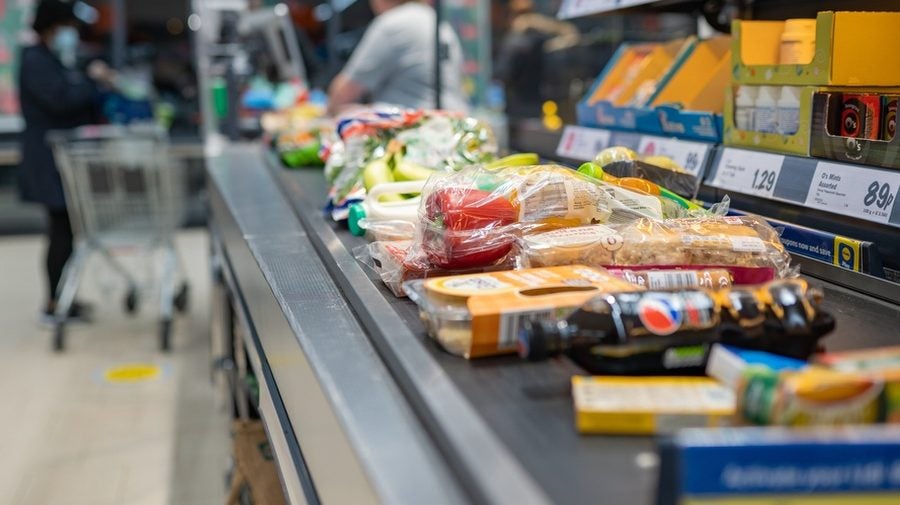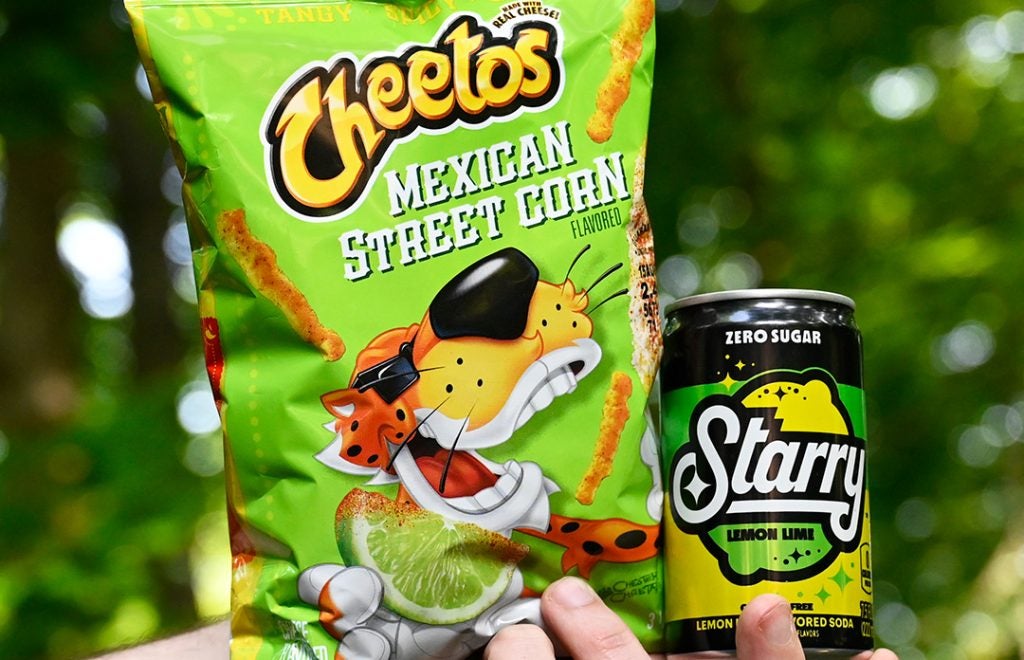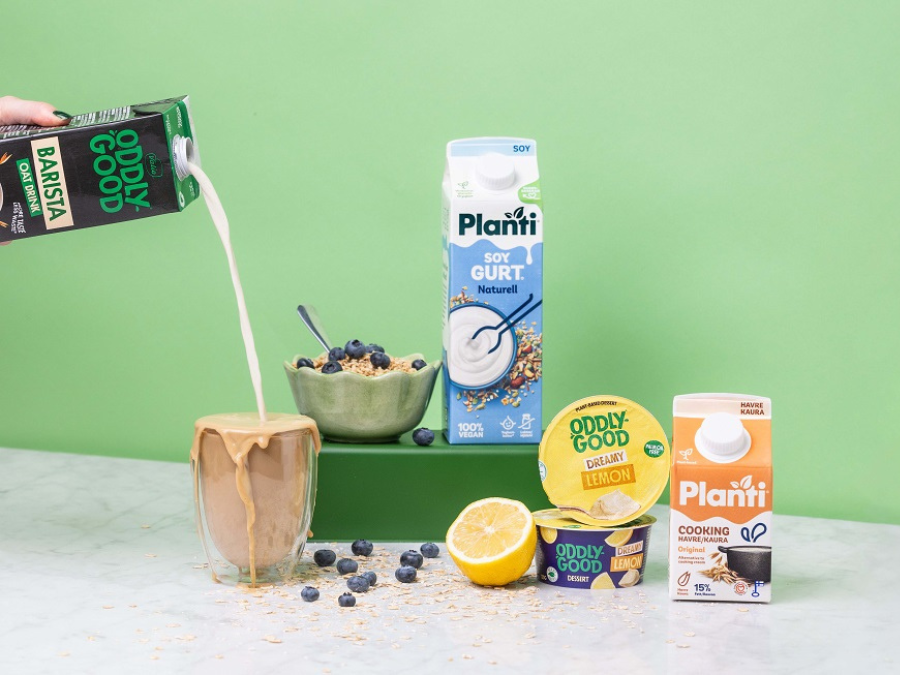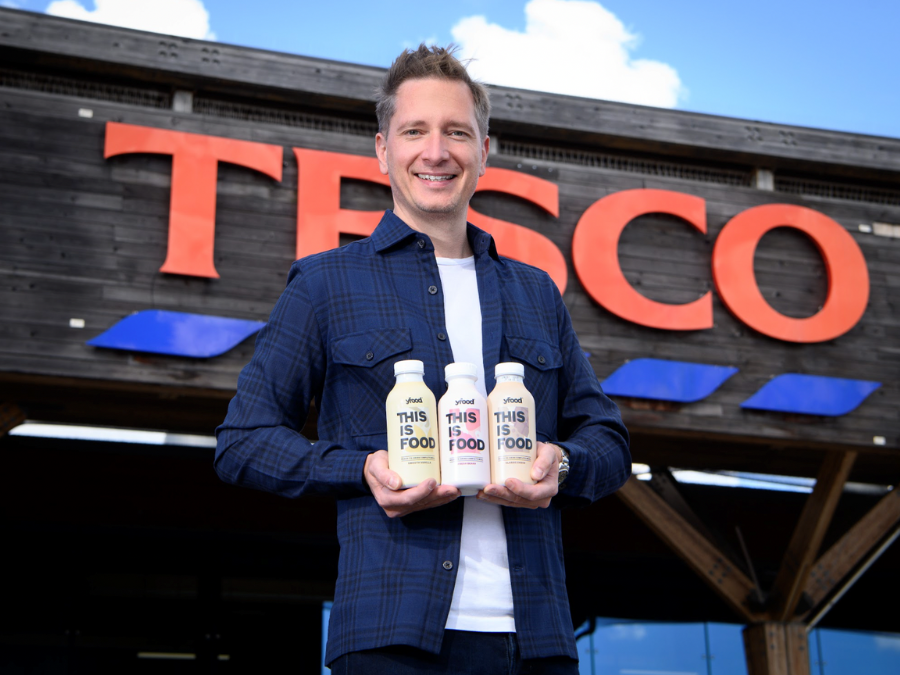Plant-based food in the UK has had a tough 12 months, with falling sales and business failures, but suppliers remain optimistic, with some pushing for an industry alliance and a more focused approach to kick-start growth.
Christopher Kong, co-founder and CEO of UK-based Better Nature, believes a focus on health is the way forward and suggests it is working with the best ingredient in this regard, tempeh.
With the money raised from successful fundraising campaigns and the confidence gained from a number of listing wins, he is predicting big things for the fermented soybean product commonly used in Indonesian cuisine.
He sat down with Just Food on the fringes of the recent Arena Meat Free Strategies 2023 conference in London.
Just Food: I gather Better Nature has just won another UK grocery listing?
Christopher Kong: We launched in Tesco at the end of May this year with two SKUs and that’s going well. We are currently in 430 stores and that is rising to 570. Today, we are launching into Whole Foods with five products. We launched into Lidl in July and sold 50,000 units in ten days. It was part of a promotions listing. We will do that again. We will have another major UK retailer listing at the end of the year. We are also selling in Germany through around 200 Rewe stores.
Just Food: Is further international expansion on the cards? You’ve mentioned the Netherlands and the US in the past?
Christopher Kong: For now we are keeping our eyes firmly on the UK market. We don’t want to make the mistakes other plant-based manufacturers have. Focus is very important for us.
Just Food: The Better Nature product range is still quite small – a tempeh block and tempeh pieces that are curried or barbecued, for example. Are you planning to expand?
Christopher Kong: We are now looking at different product formats, such as burgers, falafel, sausages and nuggets. For us, it’s not about being a meat replacement but to introduce the goodness of tempeh into formats that consumers know. It’s about letting people know what tempeh is and them wanting to buy our products.
Just Food: What is tempeh’s USP compared to, say, seitan or pea protein?
Christopher Kong: For us, it was important to create an ingredient consumers could use every day. We wanted food that was as little processed as possible. We try to keep the message simple. We double down on health. The front-of-pack message is about all-natural ingredients, being high in protein and fibre and then selling the taste message through front-of-pack imagery. We don’t say tempeh is like meat or tastes like meat – we just champion all the great things tempeh is.
Just Food: You have recently announced another funding round, again through crowdfunding on the Seedrs platform.
Christopher Kong: Yes. In the last funding round 80% came from classic investment routes, VCs, family offices, etc. But we like crowdfunding as people become champions for the business and it democratises access as you can invest for as little as £10 ($12.19).
Just Food: Earlier this year, Better Nature launched a Series A funding round to raise £3m. That followed a £700,000 seed round last year and a £1.6m round on Seedrs in 2021. You’ve attracted investors including Alex von Behr, an ex-global CCO of Unilever. But is the funding environment tougher now than previously?
Christopher Kong: It definitely seems harder to raise money now than two years ago but that’s the same across all businesses. Consumer businesses have hurt the most.
Just Food: Much of the discussion at the Meat Free Strategies conference has been around how the plant-based meat sector has struggled of late in the UK and what can be done to bounce back. How do you see the situation?
Christopher Kong: I think a lot of the negative media is overhyped. There is a contrast to what it was like over the last few years but only because the category had exploded. It will return to growth soon. But we can’t be pushing the same products and ingredients as three or four years ago. The value proposition across the category isn’t what it should be.
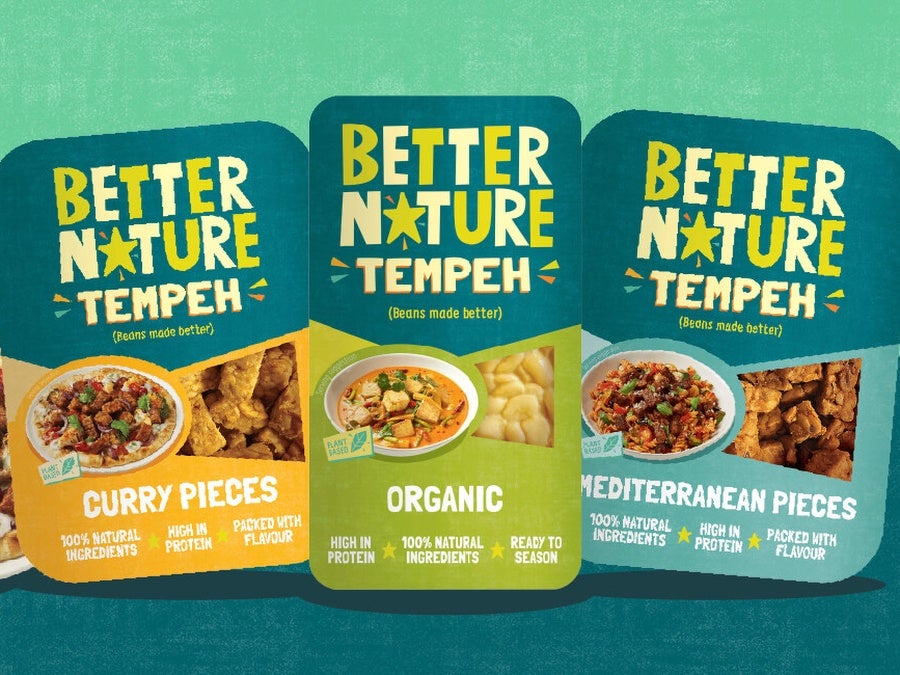
We need to keep adapting to shifts in consumer needs. Some businesses are dropping out, leaving the ones with better fundamentals to compete on a level playing field. Technology and innovation is coming through and creating better products. Attention to quality is super, super important, as is meeting consumer needs and knowing who the customer is and how you get them to buy your product. In a period of turbulence, you have to think long-term.
Just Food: You would suggest Better Nature has managed to buck the downward trend?
Christopher Kong: Our sales have quintupled over the last two years.
Just Food: Do you provide figures to go with the percentages?
Christopher Kong: No, we don’t.
Just Food: Okay but what’s the secret of the growth Better Nature has seen?
Christopher Kong: Health. It is the number one driver of the shift towards plant-based foods, before the environment and animal welfare. It’s great that the likes of Beyond Meat have taken plant-based into the mainstream but the focus on health has been lost to some extent. And, if you look at macro trends and step outside meat-free, the media is talking about ultra-processed food. The consumer is primed to adopt plant-based food. They know they should but are hesitant because they feel they are not meeting their health needs. If the products don’t captivate the consumer, they won’t cut through to the mainstream. We need to start with educating consumers about the health benefits.
Just Food: Are there other factors holding back plant-based food?
Christopher Kong: Policy is a really big deal. The amount of subsidy the UK puts behind milk and dairy is incredible. If we were given a slice of that we would be in a really good place. But we don’t need to point a finger at meat and dairy and say it’s really bad to champion plant-based. I also think it is very positive that we consider health holistically. It is human health but also planetary health. People won’t live happier and healthier lives if society is unhealthy. Henry Dimbleby [restaurateur and the author of the UK government-commissioned National Food Strategy], in his book Ravenous, wrote that the UK population needs to reduce its meat consumption by 30%.
Just Food: How did your interest in tempeh come about?
Christopher Kong: The story really started at university as a student athlete. I did boxing at Oxford and did a lot of training. I decided to start paying a lot more attention to what I was putting into my body as well as the impact my diet was having on the environment. A lot was triggered by [Better Nature co-founder] Elin Roberts. We were at university together and she veganised half the college.
Just Food: But why tempeh?
Christopher Kong: We set up the business because we struggled to find plant-based protein in the supermarkets. It was still very much about tofu and falafel and these were lacking from a nutritional perspective. Meat alternatives were doing well but had a long ingredients list. I wanted an all-natural plant-based option that tasted great. In 2018 we met co-founder [Indonesia-born] Amadeus [Ahnan-Winarno] at a conference in Cambridge. We were put into teams to come up with a business idea which we then pitched to the conference. Amadeus was doing his Ph.D. on tempeh fermentation so that was the idea. We set the company up later that year. At the start, a lot of it was test and learn. We were also part of [food awareness organisation] ProVeg International’s incubator programme which focuses on animal-free start-ups.
Just Food: What are the threats to Better Nature’s future success?
Christopher Kong: There’s a lot of innovation in the category. I don’t see it as competition – they are all our peers. We are all trying to get people to eat more plant-based food. But I suppose potential threats come from other brands, innovation in the pipeline and [supermarkets’] own brands.
Just Food: You told Just Food back in March you expected tempeh to be mainstream within a year.
Christopher Kong: The category is going through a rapid period of evolution. Our product is a niche within a niche. I can’t see any reason it can’t grow.




